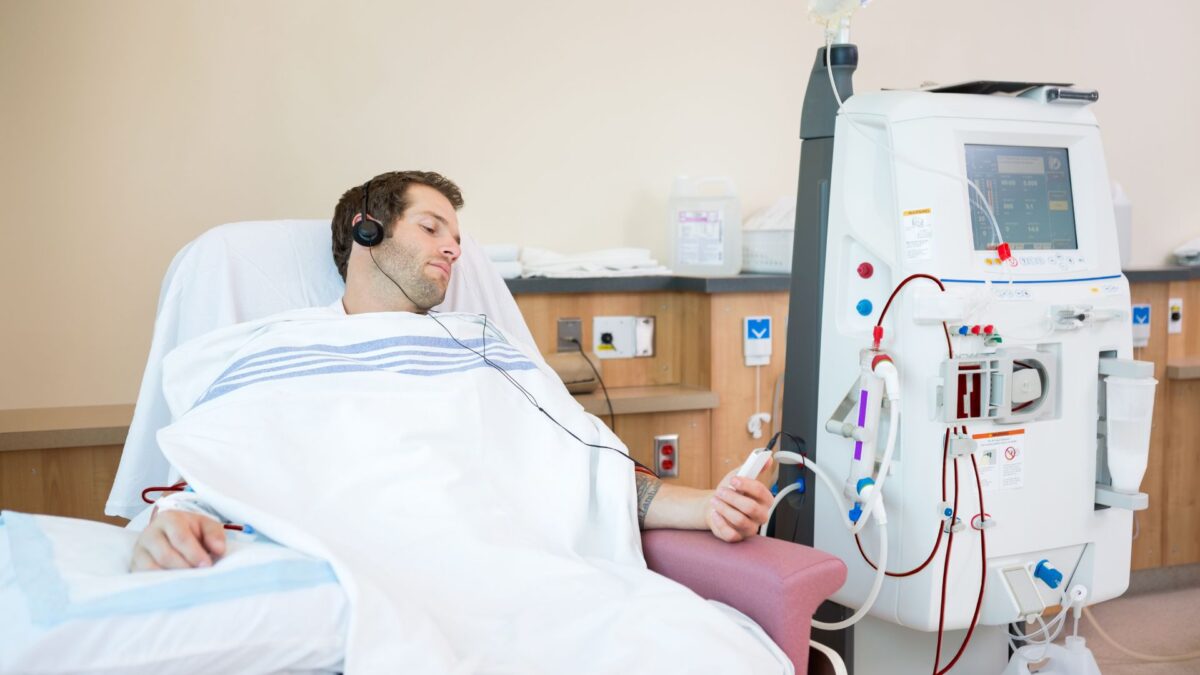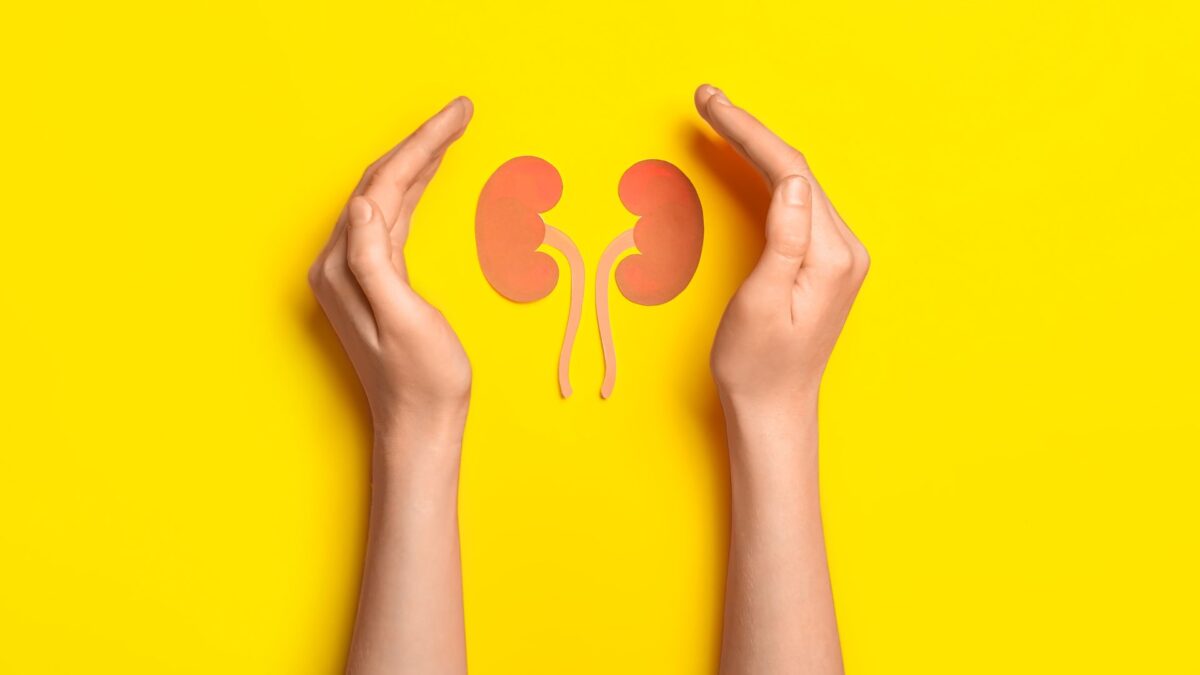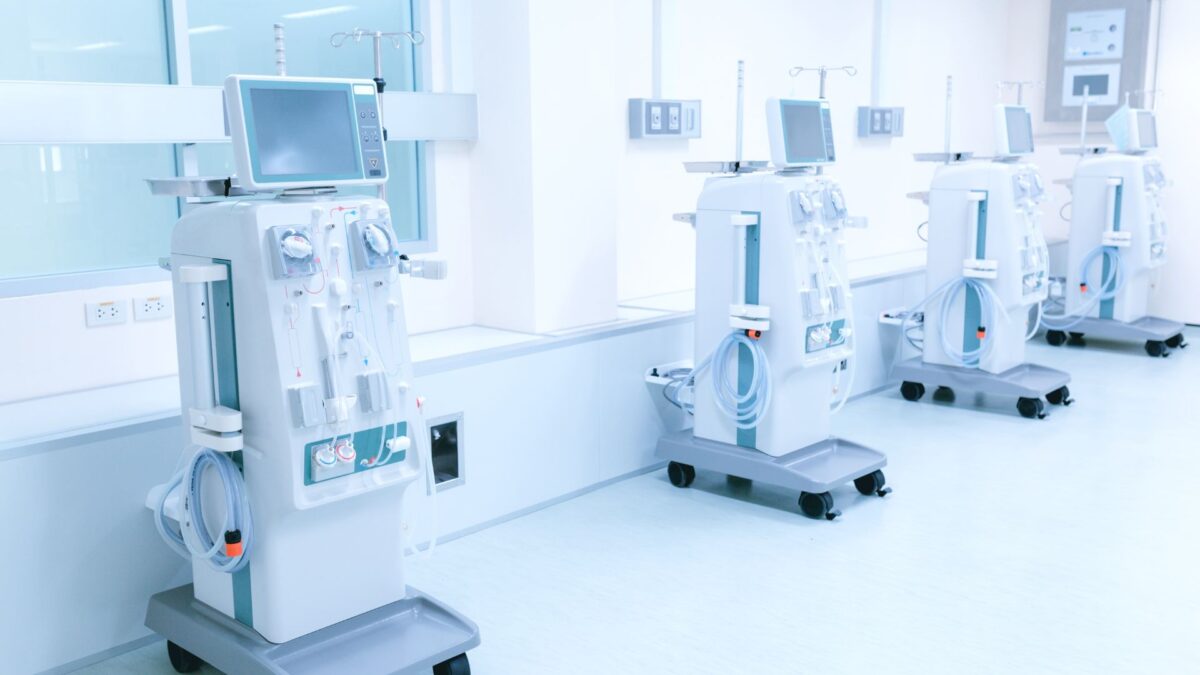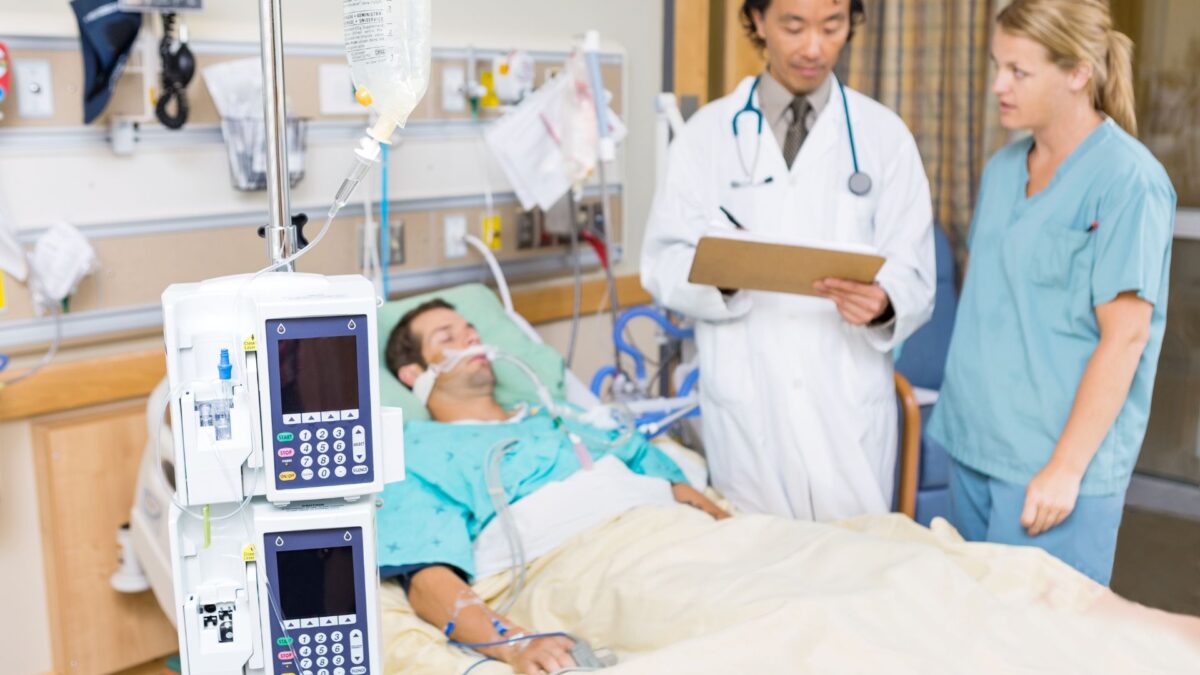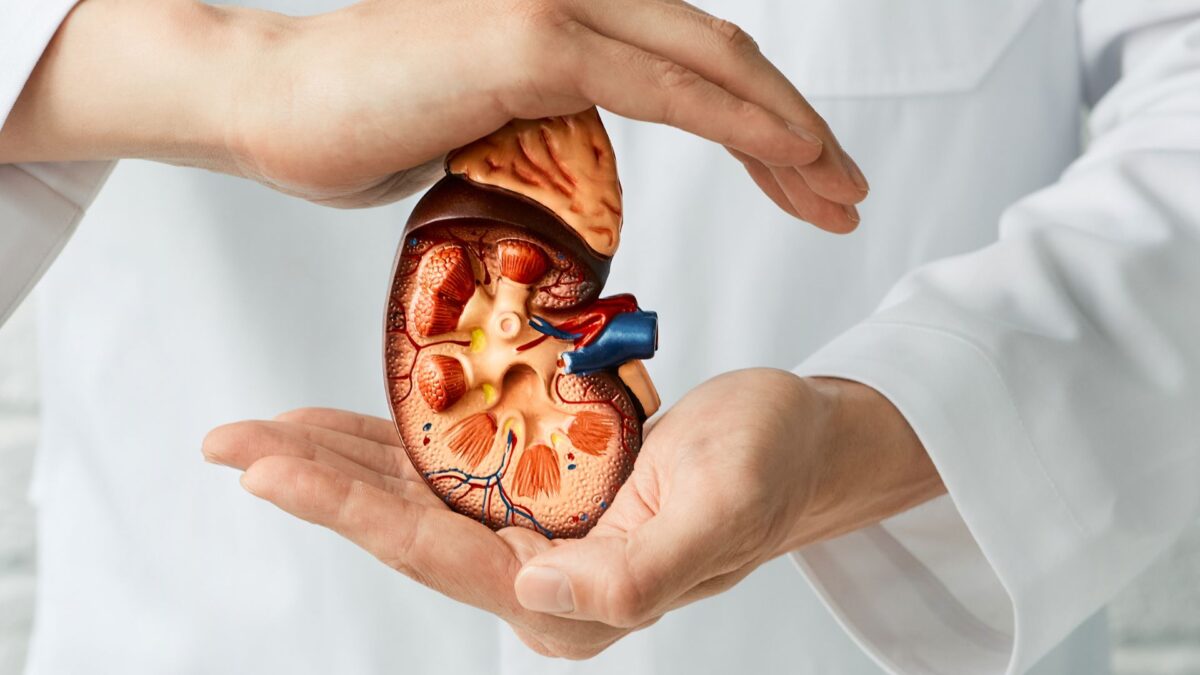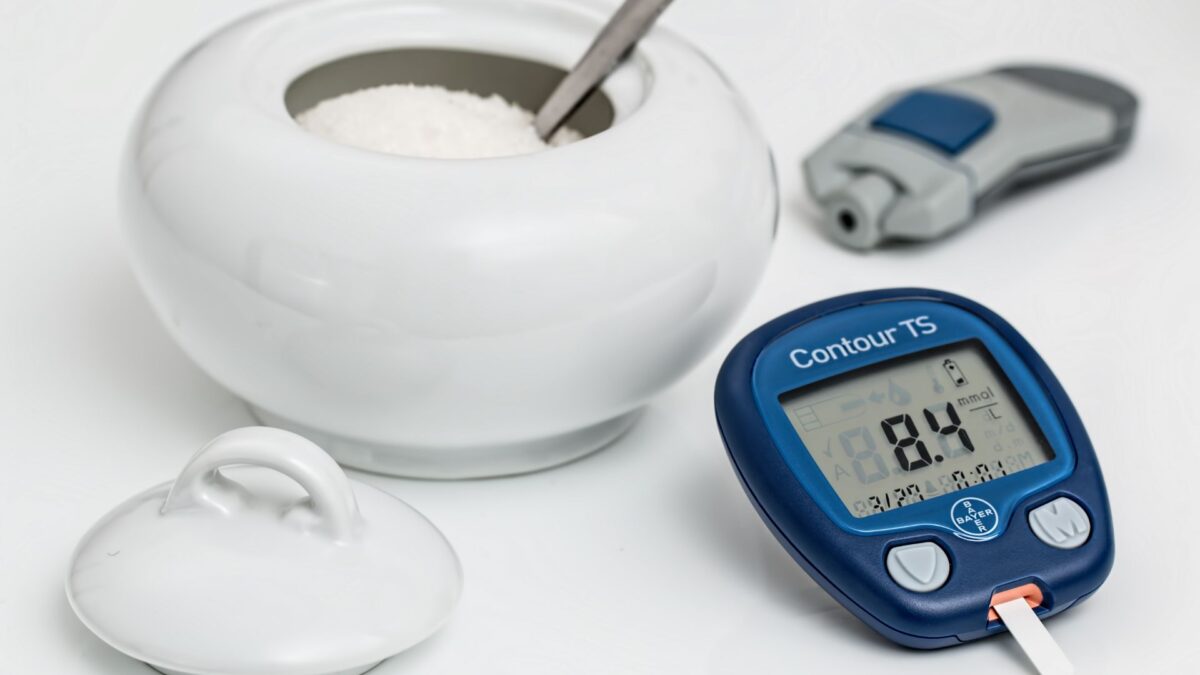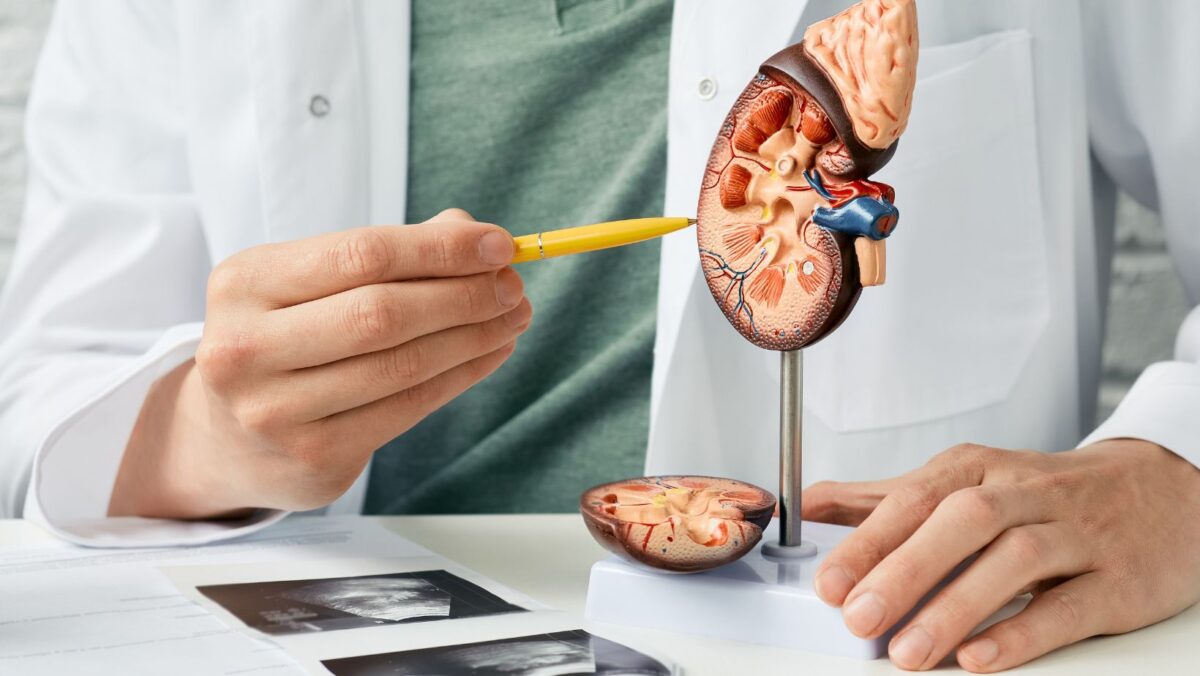Kidney disease prevention involves maintaining a healthy lifestyle and adopting healthy eating habits. Here are some tips for safe and healthy eating to reduce your risk of kidney disease:
- Stay hydrated: Drinking enough water and fluids can help your kidneys function properly. Aim for at least 8 glasses of water a day, or more if you are active or in a hot climate.
- Limit sodium intake: Too much salt can lead to high blood pressure and put stress on your kidneys. Try to limit your daily sodium intake to less than 2,300 milligrams (mg).
- Choose low-protein foods: Protein is an essential nutrient, but consuming too much can be harmful to your kidneys. Choose low-protein foods like fruits, vegetables, grains, and legumes.
- Reduce phosphorus and potassium intake: People with kidney disease may need to limit their intake of phosphorus and potassium. Foods high in phosphorus include dairy products, whole grains, and beans, while potassium-rich foods include bananas, oranges, and spinach.
- Avoid processed foods: Processed foods are often high in sodium and phosphorus, so try to avoid them and opt for fresh, whole foods instead.
- Talk to a dietitian: If you have kidney disease or are at risk, a registered dietitian can help you plan a healthy, kidney-friendly diet tailored to your specific needs.
- Be cautious with supplements: Certain vitamins and supplements can be harmful to your kidneys, so talk to your doctor before taking any new supplements.
- Manage your blood sugar: High blood sugar levels can damage your kidneys over time, so if you have diabetes, it is important to manage your blood sugar levels.
By following these tips, you can help protect your kidneys and reduce your risk of kidney disease.
Dialysis is a treatment that helps to remove waste and excess fluids from the blood when the kidneys are unable to do so. There are two types of dialysis: hemodialysis and peritoneal dialysis.
Hemodialysis is a type of dialysis involving an artificial kidney machine. During hemodialysis, the blood is removed from the body, filtered through the machine, and then returned to the body. This type of dialysis is usually performed in a hospital or dialysis center.
Peritoneal dialysis, on the other hand, is a type of dialysis that can be done at home. During peritoneal dialysis, a special fluid is introduced into the abdominal cavity through a small tube. The fluid then absorbs waste and excess fluids from the body and is then drained out of the body.
If you need dialysis treatment, it is important to consult with a nephrologist or a kidney specialist who can help determine which type of dialysis is best for your individual needs. They can also provide guidance and support as you navigate the process of managing your kidney disease.

